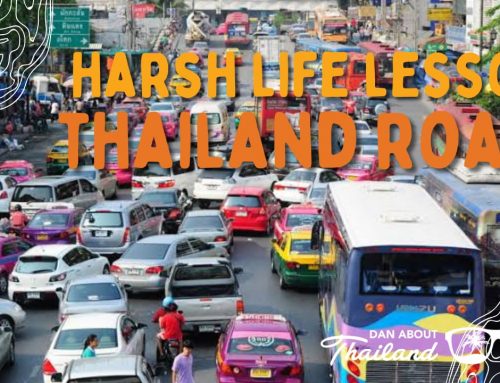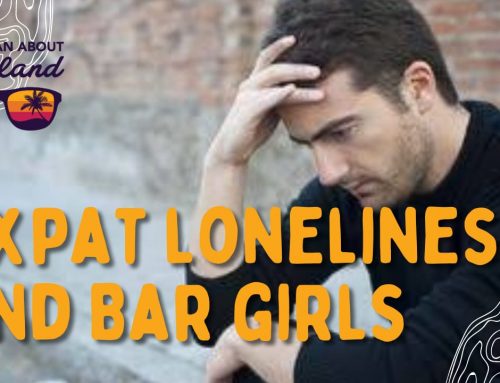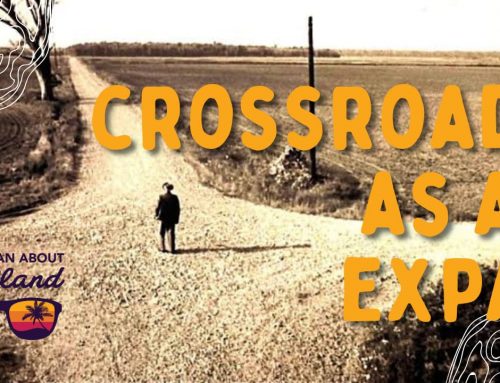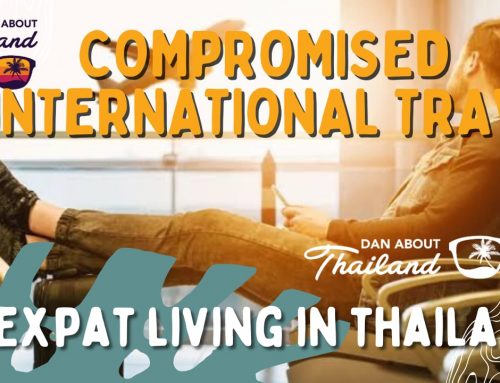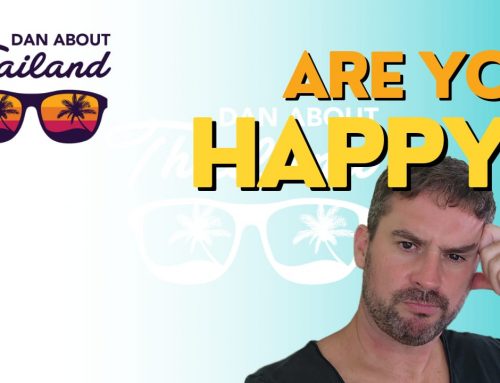I have written much over the last two months about schooling fees in Thailand and what is best for my kids, I even considered relocating back to the UK over the matter. A local blogger in Hua Hin who worked as a teacher in Bangkok picked up on the story and sent me a very useful blog on what to ask when visiting schools. You can read more blogs from Scott Beecham on his own blog site www.bloghuahin.com.
“There has been a fair bit floating around social media recently regarding what’s best for your child when it comes to education and schooling. A lot of the discussion I have read has centred around schooling in Thailand vs Schooling in the west and Thai Schools (government and private) vs International Schools. The school you choose obviously has a large impact on your child’s development and it’s more than advisable to give it serious time and consideration. This is an area in which I am qualified and have a fair bit of experience of here in Thailand so here’s what I feel to be a list of essential questions worth considering when choosing a school, not only in Thailand but everywhere. I’ll do my best to best to be as impartial and as least opinionated as I can be, but I obviously have beliefs and fairly strong sentiments in this area.
What curriculum does the school follow and how is the curriculum structured?
I could write at length on this point but I think a lot of what it boils down to is this: is the curriculum more progressive or more traditional? Many of the countries that are considered to be world leaders in education (the UK, Singapore) are actually still implementing very traditional curricula; possibly to do with the fact that they are very much controlled and regulated by the government who often appoint a secretary of education who has no qualification in the field. You can compare these countries with a country such as Finland where they trust their teachers, pay them well and implement very progressive student-centred curricula.
What are the school’s key values and how are they applied?
This relates closely to the point above. What does the school want their students to be? Look for some key words / phrases such as: creative, critical thinkers, active, independent, imaginative.
How much time do students spend in the classroom every day?
I’ve always swayed towards the opinion that kids aren’t meant to be shut up indoors all day and we certainly shouldn’t expect them to sit quietly and be passive. This is asking for trouble and I’ve seen first hand how detrimental to learning this is.
What extra curricular activities are on offer?
Again, closely related to the point above. After school activities are a great way for kids to hone their skills and interests in certain areas and of course, to have fun.
How big are the class sizes?
Bit of a no brainer this one. If class sizes are 30 and above it’s far more difficult for the teacher to give students individual attention and be effective. Unfortunately a lot of schools in Thailand run a bums on seats policy which obviously means more money… to the detriment of the students’ education.
What technological resources are available?
There are so many great ways for teachers and students to use IT in the classroom now. Ask what the school uses and how they use it.
What safety measures are implemented?
Schools should be fun, safe learning environments.
What security and safety measures are in place to ensure your child is safe?
What are your policies towards tests and exams and how are the students assessed? Personal opinion again here. I don’t think tests and exams are the way forward with assessment. What invariably happens is teachers are put under to pressure to make sure the students pass so they teach to the test and use rote learning to make sure the students can answer the exam questions. This is not conducive to a progressive education and certainly doesn’t promote critical thinking and creativity. I always swayed far more towards group work and project based learning. Far more fun and interesting for the students and it gives the teacher freedom to move around and spend time with the individuals.
What healthy snacks are available?
I know from experience that Thai schools pay absolutely no attention to this area. The only things on offer are crisps, chocolate, french fries and ice-cream. Donuts are delivered to the classrooms in the afternoon. Not a fruit in site.
What qualifications do the teachers have?
A more than valid question. I worked with some great qualified teachers who really put thought and effort into what they were implementing and I’d be happy for them to teach my daughter. However, I was also forced to work with some frightful, unqualified individuals whom I wouldn’t let anywhere near a school, let alone my own family.
Also, walk around the school and get a feel for the place. What are the teachers like?
What’s happening in the classrooms? Do the students look happy and interested in what they are doing? It’s very easy for schools to make themselves look good: kept very clean, smart etc, but at the end of the day it’s the owners, managers and teachers that really make a child’s education.
A lot of personal opinion in there I know. Happy to hear any thoughts you may have on this subject.”
Let Dan know where you need help and he will send you recommendations and help you get set up
Subscribe to Newsletter


